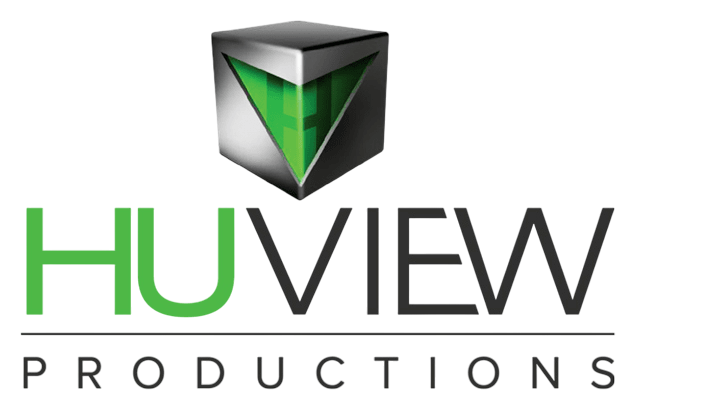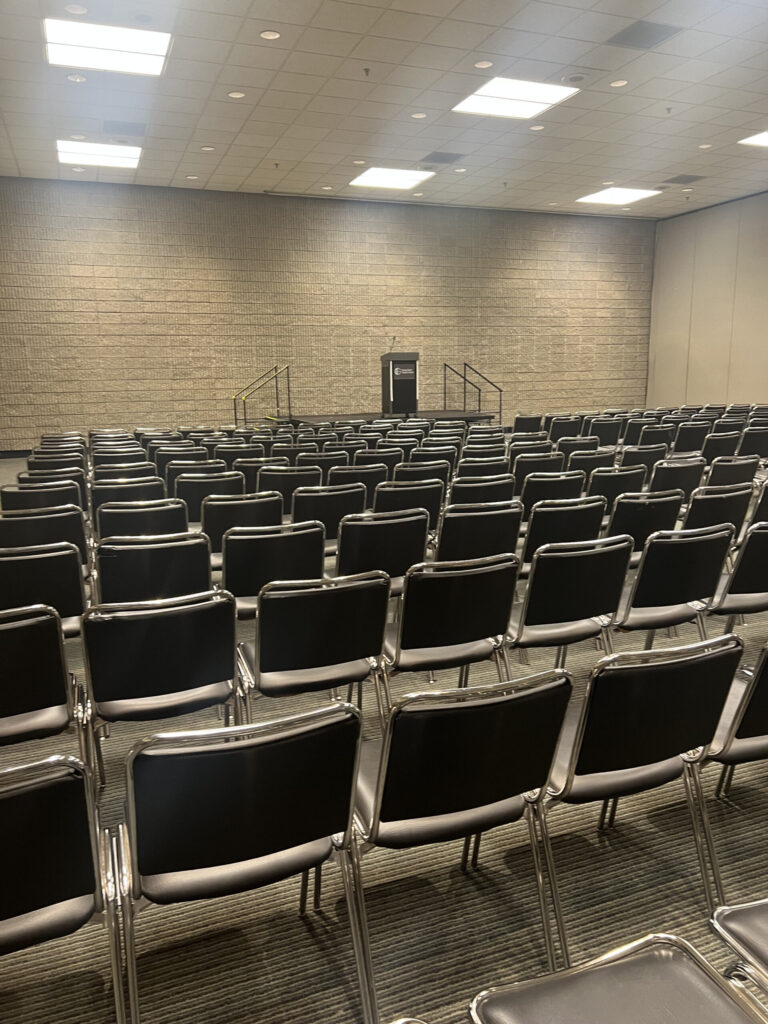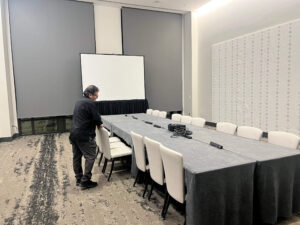Choosing the event production company can make or break your event planning. The right event production company transforms your vision into reality while managing logistics, technology, and creative elements seamlessly. With countless options available, making an informed decision requires careful consideration of multiple factors that directly impact your event’s success.
Before diving into how to choose the best event production company, it’s helpful to understand what is event production and why it plays such a big role in bringing events to life. Event production companies handle everything from stage design and lighting to audio services and vendor coordination. Choosing the right production company is key to making your event impactful, professional, and stress-free.
Before diving into the selection process, it’s essential to understand Event Management Vs Event Production to ensure you’re seeking the right services for your event’s needs.
Key Factors to Consider When Choosing an Event Production Company
1. Understand Your Event Goals and Objectives
Before contacting any full service event production company, clearly define what you want to achieve. Are you launching a new product, celebrating an award function, or a conference meeting? Each type requires different expertise and resources.
Consider your target audience size, preferred venue type, and desired atmosphere. A tech conference requires a different event setup than a wedding reception or an award gala function. Tell your event producer about the requirements.
Timeline plays a crucial role in goal setting. Events planned six months allow for more creative freedom and vendor options compared to last-minute arrangements. Production companies often charge premium rates for rushed projects due to limited availability and expedited coordination requirements.
Budget constraints should align with your objectives from the start. High-end productions with custom staging, premium sound systems, and elaborate lighting cost significantly more than basic setups. Being upfront about financial limitations helps companies propose realistic solutions within their range.
2. Evaluate Technical Capabilities and Resources
Not all event production companies have the same level of equipment or technical skill. Some handle small corporate setups. Others manage large-scale productions with advanced lighting, multi-camera video, and complex audio systems. You need to find a company that matches your event’s technical demands.
Ask what equipment they own. This includes sound systems, projectors, LED walls, lighting rigs, staging, and control consoles. A company with in-house gear can move faster and reduce third-party delays.
Check if their team can handle your venue type. Indoor events need different setups from outdoor ones. Virtual and hybrid formats require streaming infrastructure and backup plans. The right team will know how to manage these events.
Look into their show execution tools. Ask if they use digital show flows, cue tracking, and live communication systems. These tools keep the event on schedule and help the team respond quickly during the show.
Don’t assume all providers are equally prepared. Review their technical capacity in detail to avoid gaps on event day. The right production company should already be familiar with the tools and solutions your event will require.
3. Experience and Expertise
Once you know your goals and technical needs, start researching companies with a proven track record. Don’t just rely on the first option you find.
Choose a production company that has handled events similar to yours in size, format, and audience. Years in business matter, but relevant experience matters more. Ask for examples that match your event type, product launches, conferences, concerts, or hybrid formats.
Find out how often they manage live shows. Regular hands-on experience means they’re better equipped to handle pressure, tight timelines, and last-minute changes.
Ask who leads their on-site team. A company might have great gear, but without skilled operators and a reliable show caller, things can fall apart. You want to know who’s in control when it counts.
Check if their crew understands both creative and technical sides. A team that can merge visuals, sound, and stage flow will create a seamless experience instead of disconnected elements.
Also, ask how they prepare for setbacks. Experienced teams have backup plans for equipment failures, weather issues, or venue changes. That level of readiness only comes from doing it over and over again.
Experience isn’t just what they say, it’s what they can show. Look for a clear record of delivering consistent, professional results.
4. Meet the Delivery Team
Before committing, ask to meet the actual team that will handle your event, not just the sales representatives. These are the people responsible for AV setup, live execution, and technical support, so you need to know who they are and how they work.
Request a call or in-person meeting with the project manager, technical lead, and show caller. Confirm their roles and responsibilities. This helps you avoid surprises on the event day.
Ask how long the core team has worked together. A group with strong internal coordination will communicate better and respond faster under pressure.
Find out who your main point of contact will be during planning and on-site. You should never be left guessing who’s in charge when decisions need to be made quickly.
Also, ask if the team will stay consistent from planning through execution. You don’t want to build trust with one group and get a different crew at the event.
Meeting the delivery team upfront gives you a clear picture of the experience, communication style, and professionalism you can expect when the event goes live.
5. Consider Communication and Project Management
Effective communication is the foundation of successful event production partnerships. Professional companies establish clear communication from initial consultation to post-event wrap-up. They assign dedicated project managers to look after specific services, eliminating confusion and streamlining decision-making processes.
Documentation practices separate professional companies from amateur ones. A good event production company maintains detailed contracts, change order processes, and written confirmation of all decisions. This documentation protects both parties and prevents misunderstandings that could derail events.
Emergency response protocols demonstrate preparedness for unexpected situations. Ask how companies handle equipment failures, weather emergencies, or last-minute changes. Professional teams maintain contingency plans and backup solutions for critical event elements.
6. Review Budget, ROI, and Compare Pricing Structures
Before signing any contract with the production company, you need a clear understanding of the pricing structure and what you’re getting in return. Ask for a detailed breakdown of costs. This should include equipment rental, crew, AV setup, teardown, transport, and any contingency fees.
Don’t accept vague estimates. You need itemized pricing to compare one company against another. Look for transparency. If a provider won’t give you a clear scope of work and cost structure, better to look for other options.
Ask how their services contribute to your event’s success. This isn’t just about cost, it’s about value. If one company is more expensive but offers better reliability, tech support, or audience engagement tools, that might justify the higher price.
Clarify terms for overtime, last-minute changes, or extended setup windows. Know what flexibility you’re getting for the price. A cheaper quote might become expensive later if it lacks contingency planning.
Compare the ROI, not just the upfront cost. Will their setup help you make a stronger impact, keep the audience engaged, or avoid technical issues? Budget carefully, but don’t let price be the only deciding factor. Reliable delivery often saves money in the long run.
7. Evaluate Cultural Fit and Company Values
An event production company’s values and working style affect how your event planning and execution will go. Look for a production partner whose team communicates clearly, works collaboratively, and respects deadlines.
Start by observing how they answer your inquiries. Do they listen to your requirements, or do they push their agenda? A good fit means they understand your priorities and don’t force a one-size-fits-all approach.
Pay attention to how they treat their crew members and vendors. If they respect and show professionalism behind the scenes, it usually reflects in how they’ll communicate and handle your event.
Ask about their work philosophy. Are they focused on solving problems quickly? Do they value reliability and consistency? These qualities matter during live event productions.
If your organization values sustainability, inclusion, or community involvement, ask if the production company aligns with those principles. A shared mindset makes collaboration easier.
You’re not just hiring skills, you’re hiring a partner to make your events successful. The better the cultural fit, the smoother the project will run from planning to execution.
Conclusion:
Choosing the right event production partner matters, and Huview Productions makes that decision easier. As a trusted Audio visual production company in Atlanta, we combine creative planning, technical skill, and real-world experience to handle everything from staging and lighting to full AV execution.
Our team helps clients avoid costly mistakes, stay on schedule, and deliver an experience that works both for the audience and behind the scenes. When quality, reliability, and results matter, Huview Productions is the name clients choose with confidence.








